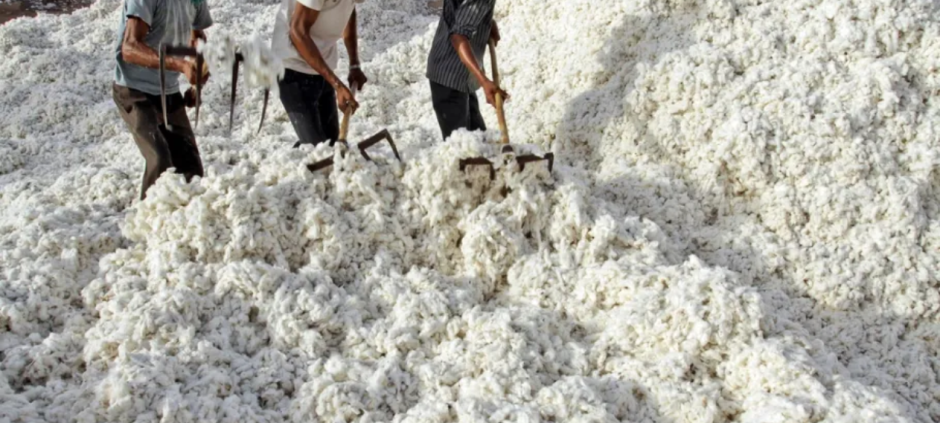Following the federal government’s decision to impose an 18% General Sales Tax (GST) on imported cotton and yarn in the amended Finance Bill 2025, domestic growers and industry bodies are now urging the removal of GST on locally produced cotton and its by-products. They argue that the current tax structure unfairly burdens Pakistani farmers already struggling with rising input costs and declining profitability.
Pakistan Kissan Ittihad (PKI) President Khalid Mahmood Khokhar strongly criticized the continued taxation of domestic cotton, stating that it targets local producers while offering them no protection. “This policy further erodes the already thin margins of farmers,” he said, warning of long-term damage to the cotton sector.
Also Read: Government Proposes New Taxes, Higher GST, And Exemptions
While the Pakistan Business Forum (PBF) welcomed the tax on imports as a step toward rebalancing the textile value chain, it also flagged that local producers remain vulnerable. PBF South Punjab Chairman Malik Talat Suhail noted that spinners still pass GST onto farmers, effectively making them unpaid tax collectors, which he called “unjust and damaging.”
Cotton production in Pakistan has nearly halved over the past decade, falling from 14.8 million bales in 2011-12 to under 7.5 million in 2024-25. Farmers blame the collapse on skyrocketing input costs, a plummeting dollar value of cotton, and lack of support. Fertilizer and diesel prices have surged by over 250–300%, while irrigation electricity costs have risen by 950%, making cotton cultivation increasingly unsustainable.
In response, PKI has proposed a series of urgent reforms, including abolishing GST on tractors and implements, removing taxes on cotton by-products like “Khal Banaula,” setting a flat electricity rate of Rs10 per unit for irrigation, and establishing a Commodity Price Commission to ensure fair pricing. They also demand guaranteed returns and timely export of surplus crops to stabilize domestic markets.











